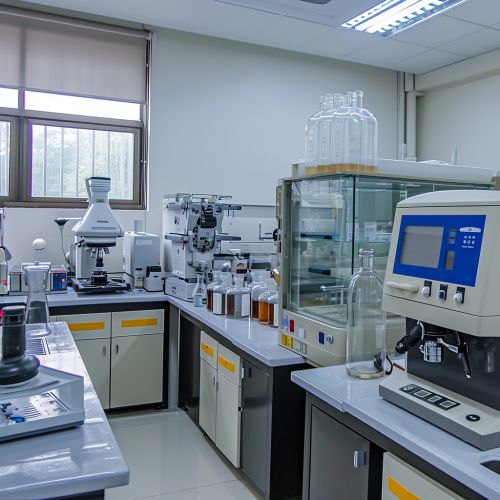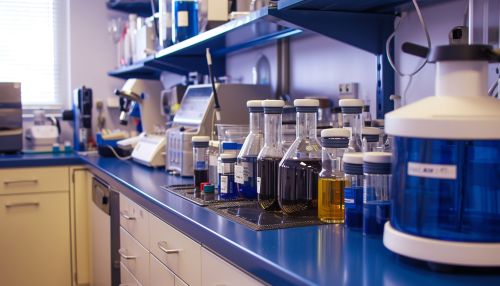Discussion: Science and Technology
Overview
Science and technology are two interrelated aspects of human civilization that have been instrumental in shaping the world as we know it today. Science, the systematic study of the natural world through observation and experiment, and technology, the application of scientific knowledge for practical purposes, have both played a significant role in the development of societies and cultures across the globe. This article delves into the intricate relationship between these two fields, their historical development, their impact on society, and the ethical considerations that arise from their use.


Historical Development
The development of science and technology has been a gradual process that has taken place over thousands of years. The earliest humans used simple tools and technologies, such as fire and stone tools, to survive and adapt to their environment. As societies evolved, so did their technologies, leading to the development of agriculture, the wheel, and writing systems, among other innovations.
The scientific method, a systematic approach to acquiring knowledge, was developed during the Scientific Revolution in the 16th and 17th centuries. This method, which involves observation, hypothesis formation, experimentation, and theory development, is still the foundation of scientific research today.
The Industrial Revolution in the 18th and 19th centuries marked a significant shift in technology, with the development of steam power, the factory system, and mass production techniques. This period also saw significant advancements in scientific understanding, particularly in physics and chemistry.
In the 20th and 21st centuries, science and technology have continued to evolve at an unprecedented rate. The development of computers, the internet, and other digital technologies, as well as advancements in fields such as genetics, nanotechnology, and artificial intelligence, have transformed every aspect of human life.
Impact on Society
Science and technology have had a profound impact on society in numerous ways. They have transformed the way we communicate, work, travel, and entertain ourselves. They have also revolutionized healthcare, agriculture, and manufacturing, among other sectors.
One of the most significant impacts of science and technology is in the field of medicine. Advances in medical technology, such as the development of antibiotics, vaccines, and medical imaging technologies, have dramatically increased life expectancy and improved the quality of life for people around the world.
Technology has also transformed the way we communicate and access information. The development of the internet, smartphones, and social media has made it possible for people to communicate and share information instantaneously, regardless of their geographical location.
However, the impact of science and technology is not always positive. The use of technology has also led to a number of social and ethical issues, such as privacy concerns, the digital divide, and the potential for technological unemployment.
Ethical Considerations
The rapid development of science and technology has raised a number of ethical questions. For example, advancements in genetic engineering and biotechnology have led to debates about the ethics of genetic modification and cloning. Similarly, the development of artificial intelligence and robotics has raised questions about job displacement, privacy, and the potential for autonomous weapons.
Another major ethical issue is the environmental impact of technology. The use of fossil fuels, the production of electronic waste, and the pollution caused by industrial processes are all significant environmental concerns. There is also the question of equitable access to technology, with significant disparities in access to technology and the benefits it brings between different regions and socioeconomic groups.
Future Directions
The future of science and technology is a topic of much speculation and debate. Some predict that advancements in fields such as artificial intelligence, nanotechnology, and biotechnology will lead to significant societal changes. Others argue that these technologies will also bring new challenges and ethical dilemmas.
One area of particular interest is the potential for technology to address global challenges such as climate change, poverty, and disease. For example, renewable energy technologies have the potential to reduce greenhouse gas emissions and mitigate the impacts of climate change. Similarly, digital technologies could be used to improve access to education and healthcare in developing countries.
However, the future of science and technology will also depend on how society manages the ethical and societal challenges that these technologies bring. This will require ongoing dialogue and collaboration between scientists, policymakers, and the public.
